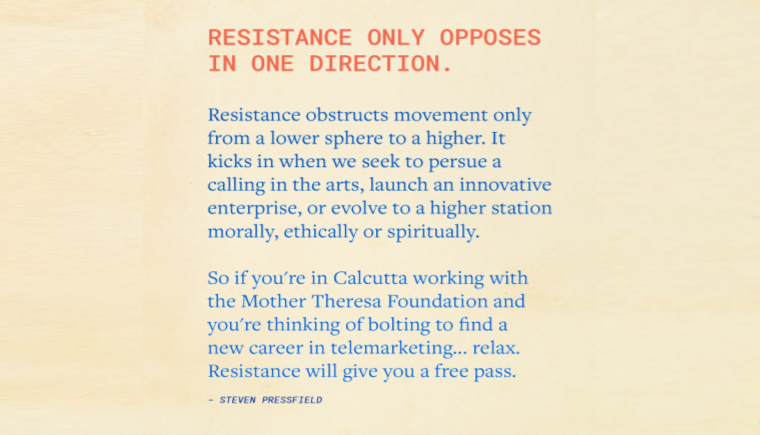
As a leadership development coach, I get hundreds of queries from professionals who want support in career transitions. They’ve had enough and now want to find a better fit for their talents, personality, and whole life needs.
I always caution people who are considering significant life transitions that before they walk away from their employer, they’ve got to do the work to see if it’s really their employer … or could it actually be them? (Or, even, a little of both?)
To assess, I present them with two powerful questions that they need to be honest and candid about to help discern what’s really going on at work. Here they are:
- Are you valued at work?
- Do you add value?
The first question – Are you valued? – relates to how your employer treats you, which is represented in your total rewards package, as well as the behaviors your manager expresses to engage you, support you, and offer you feedback and coaching to reach new levels of performance. Valued employees feel as if their employer cares about them and works to accommodate them at every stage of their career. That doesn’t mean that their employer coddles or pampers them; rather, they offer a positive work environment, complete with a skilled boss who knows how to both manage and lead people well.
The next question – Do you add value? – is a trickier one to answer because it requires you to drop your ego, do some reflection, and see if you’re holding up your end of the bargain in the work relationship. Whether your business is a for-profit, non-profit, or governmental agency, you’re filling a role that’s intended to drive a specific result. Whether you’re teaching Jane Austen to 11th graders, monitoring work on an assembly line, or the creative director at a design firm, your actions are connected to something that’s important to your organization’s performance. Employees that add value are aligned to organization results, seek to self-improve (even when formal development opportunities aren’t available), and take a tremendous amount of initiative to be relevant.
As you reflect, ask yourself: Which one is it – Am I valued? Do I add value? And, more importantly: What can I better influence so that if I stay, I’m more fulfilled, or if I leave, I’m clearer on what I’m seeking from both an employer and within myself to ensure long-term career success.
Best of luck with the reflection, self-candor, and – ultimately – action, whether that’s in the career transition or you doing the work on you.
Hey, Senior Leaders – show your high-performers they’re valued by investing in their development. Check out Lead Star’s Year to Rise program.




























































